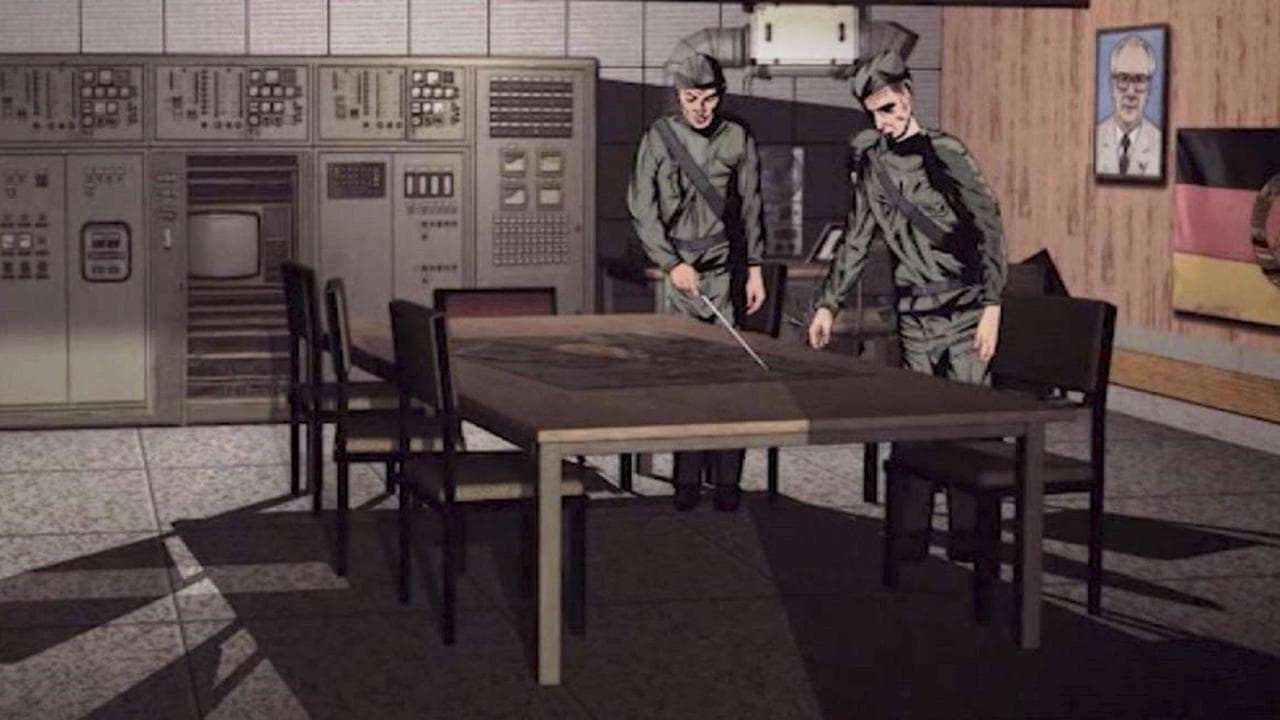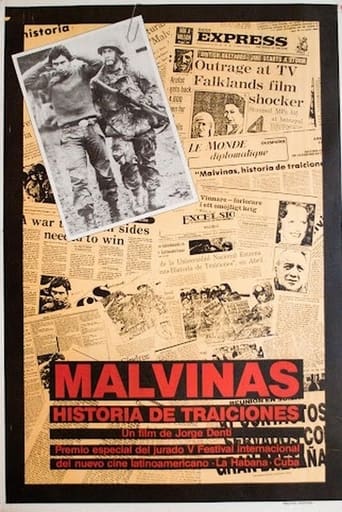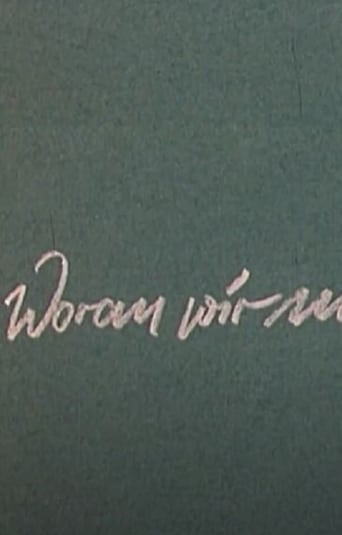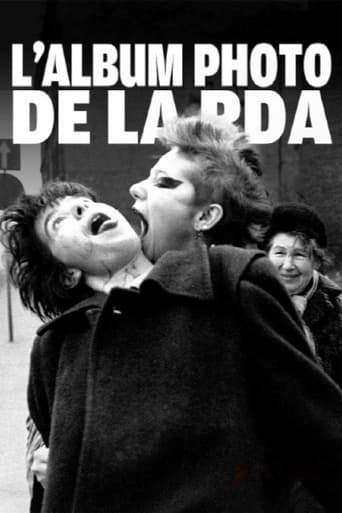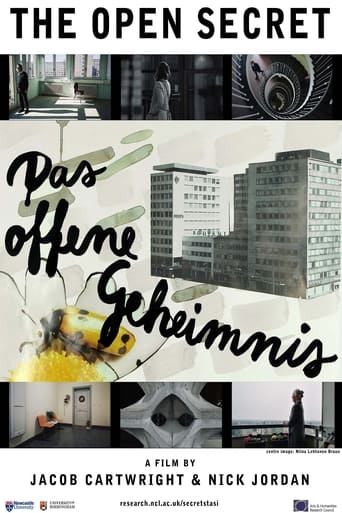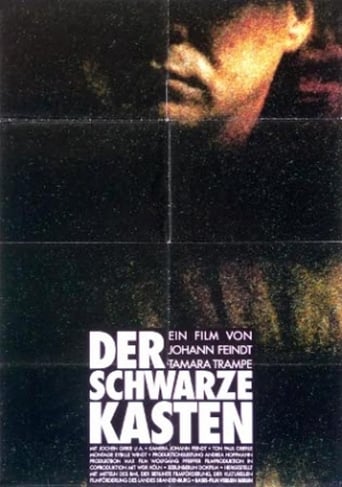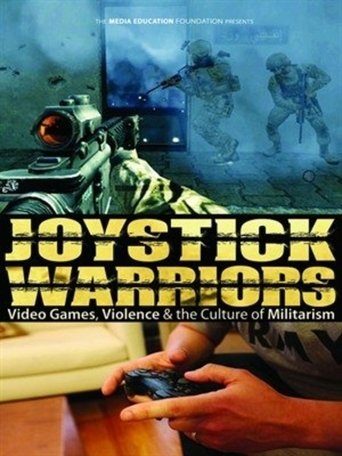
Joystick Warriors
For years, there has been widespread speculation, but very little consensus, about the relationship between violent video games and violence in the real world. Joystick Warriors provides the clearest account yet of the latest research on this issue. Drawing on the insights of media scholars, military analysts, combat veterans, and gamers themselves, the film trains its sights on the wildly popular genre of first-person shooter games, exploring how the immersive experience they offer links up with the larger stories we tell ourselves as a culture about violence, militarism, guns, and manhood. Along the way, it examines the game industry's longstanding working relationship with the US military and the American gun industry, and offers a riveting examination of the games themselves -- showing how they work to sanitize, glamorize, and normalize violence while cultivating dangerously regressive attitudes and ideas about masculinity and militarism.
